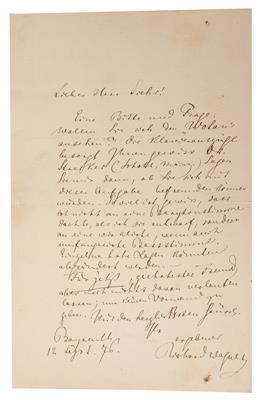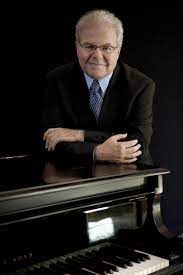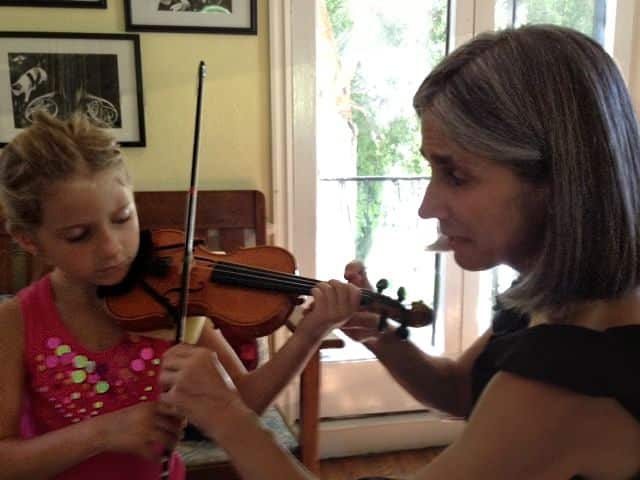Wagner to singer: I’ll alter the role, if you like…
mainAn unknown letter from Richard Wagner to the bass Gustav Siehr, dated 12 September 1876, has come up for sale in Vienna. Wagner needs to replace an unsatisfactory Wotan, Franz Betz. He wants Siehr to sing the role and thinks highly of his opinion. Here’s the text:
A request and a question. Would you like to see the score for the part of “Wotan”? Dr. Strecker (Schott, Mainz) will certainly be able to obtain the piano scores for you. Then let me know whether the part is amicable to you. This much is certain; I was not thinking of a baritone part when I composed it, but of a true, albeit comprehensive bass part. Individual elements in higher registers could be altered. – For now, most honoured friend, let nothing of this be known; so as not to give rise to excuses.
The auction is at the Dorotheum on June 9.






Comments